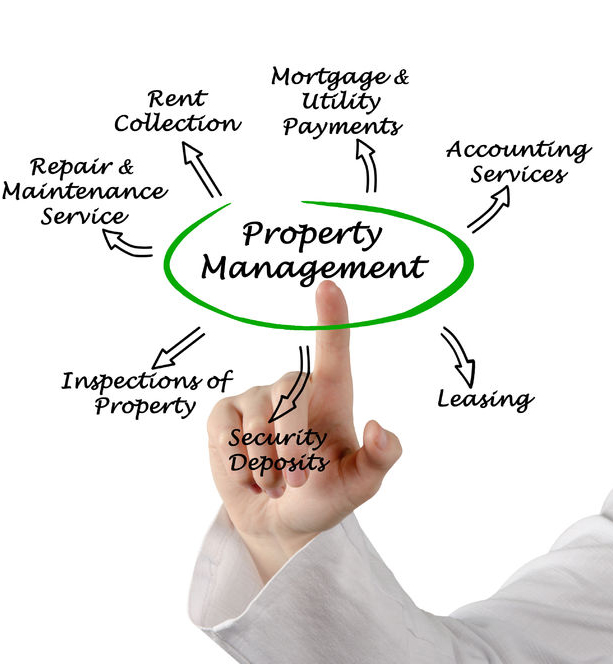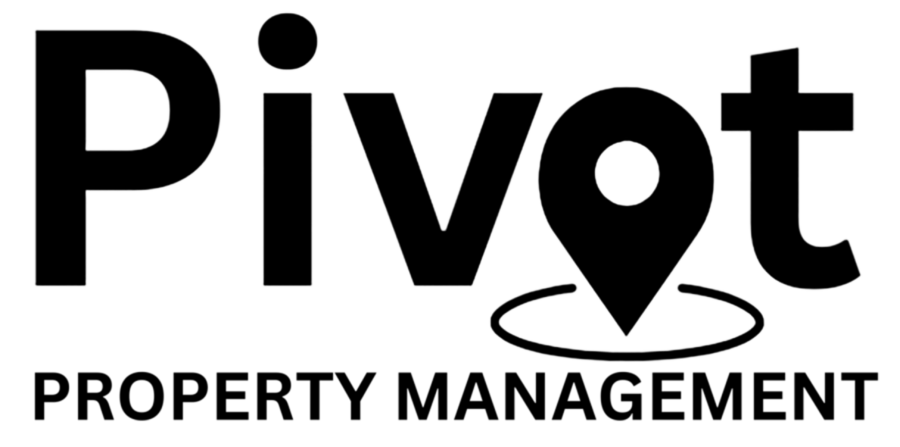Mortgage-Free or Leveraged? The Best Strategy for Your Rental Property

One of the most common questions real estate investors grapple with is whether to pay off a rental property early or maintain the mortgage and invest elsewhere. The answer isn’t one-size-fits-all—it hinges on your financial situation, risk tolerance, and long-term objectives.
If you’re deliberating on the best strategy for your investments, reach out to us at 310-800-3064. At Pivot Property Management, we specialize in helping landlords make informed decisions aligned with their financial and real estate goals.
Key Points to Consider
Low Mortgage Rates and Investment Returns: If your mortgage rate is below 4%, exploring other investments with higher returns may be advantageous. Paying off your property can boost cash flow by eliminating mortgage payments, thereby increasing rental income. Financial security is as crucial as returns; being debt-free can offer peace of mind. Leveraging debt can accelerate wealth growth by freeing up capital for additional investments. A balanced approach allows for investing while gradually paying down your mortgage.
Table of Contents
When Maintaining Your Mortgage Makes Sense
From a purely financial perspective, retaining your mortgage and investing elsewhere often leads to greater long-term returns.
1. Low Interest Rates vs. Higher Investment Returns If you have secured a mortgage rate below 4%, your capital may yield higher returns in alternative investments. The historical average annual return of the stock market is approximately 10%, potentially exceeding your mortgage rate. The disparity between a 3% mortgage and a 10% market return can translate to greater long-term growth if you opt to retain your loan and invest. 2. Using Your Capital for Greater Growth Retaining a mortgage provides liquidity for other opportunities such as acquiring additional rental properties or investing in ETFs. Real estate investors frequently leverage debt to expand their portfolios rather than immobilizing funds in a single asset.
3. Tax Advantages of a Mortgage Mortgage interest is tax-deductible, reducing taxable income. Depreciation of rental property further aids in reducing tax liabilities. For a comprehensive overview of rental property tax deductions, refer to our Rental Property Deductions Checklist for Landlords in 2025.
Conclusion: If your mortgage rate is low and you are comfortable with some risk, maintaining your loan while investing your capital elsewhere could potentially generate greater wealth over time.
When Paying Off Your Rental Property Is a Wise Decision
While financial calculations often favor retaining a mortgage, personal peace of mind is equally important.
1. Debt-Free = Reduced Risk & Greater Freedom Eliminating mortgage payments alleviates financial strain and increases cash flow. Rental income becomes pure profit without a mortgage, bolstering long-term financial security.
2. Psychological Benefits & Stability Morgan Housel, in “The Psychology of Money,” asserts that financial decisions are frequently emotional. If being debt-free contributes to better sleep at night, it is a valid and valuable reason to pay off your loan.
3. Retirement & Focus on Cash Flow Many investors pay off rental properties as they approach retirement, ensuring a steady, mortgage-free income. Monthly cash flow rises without a mortgage, making real estate a dependable income source during retirement.
Conclusion: If financial security, peace of mind, and reduced risk are priorities over maximizing returns, paying off your property may be the right move.
A Balanced Approach: Paying Off Some, Investing Some
You need not commit fully to one strategy. A hybrid approach can offer the best of both worlds.
Invest in the market while making additional mortgage payments. Gradually pay off your mortgage instead of making a lump sum payment. Review your priorities as interest rates, investment returns, and personal circumstances evolve.
We’re Here to Help You Make the Right Decision
Deciding whether to pay off your rental property or maintain the mortgage hinges on your financial goals, risk tolerance, and personal preferences.
If you’re uncertain about the best approach for you, schedule a call with one of our experts at Pivot Property Management. We’re committed to helping landlords maximize their investments while ensuring financial stability. At Pivot Property Management, we prioritize making property management effortless, so you can focus on living your best life.
FAQs About Paying Off Rental Property vs. Maintaining a Mortgage
Should I pay off my rental property if I have extra cash? It depends. If your mortgage rate is low and you can earn higher returns elsewhere, retaining the mortgage may be more advantageous. However, if you prioritize financial freedom and peace of mind, paying it off could be a wise decision.
What’s the biggest advantage of maintaining a mortgage? The ability to invest your capital elsewhere and earn a higher return than your mortgage interest rate. Leveraging debt allows for faster wealth accumulation over time.
Does paying off my rental property increase my cash flow? Yes. Without a mortgage, 100% of your rental income becomes profit, significantly boosting cash flow. This is particularly beneficial during retirement.
What if I desire both security and investment growth? Consider a hybrid strategy—make additional mortgage payments while investing in higher-return assets like stocks, bonds, or acquiring another rental property.
If you found this article helpful, follow us on social media. We regularly share tips to help you effectively manage your rental property.

